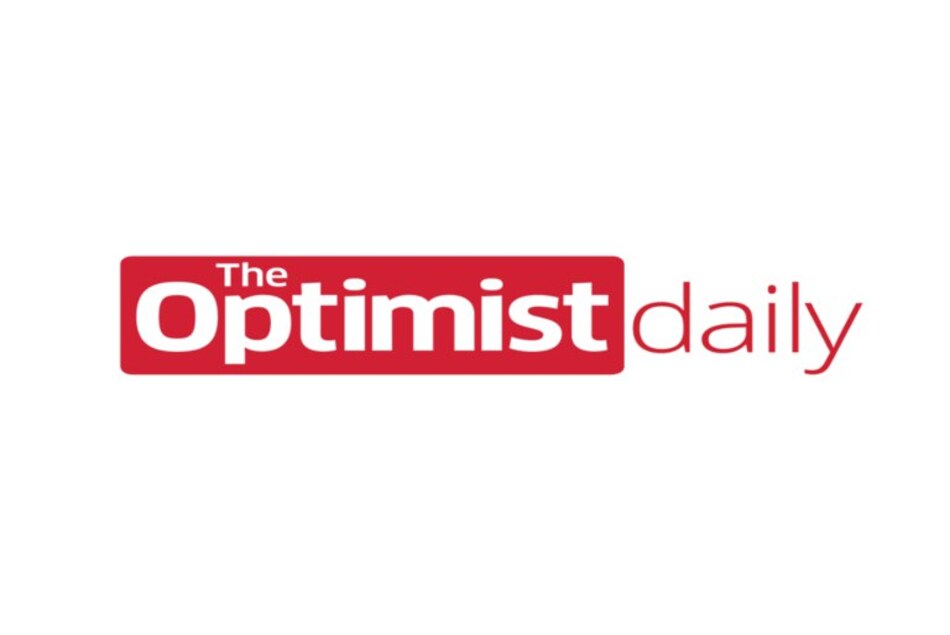Back in April, we wrote a story about how to deal with Zoom fatigue—the phenomenon of feeling exhausted after a day full of virtual meetings. Today, we want to help you minimize Zoom fatigue with a lesson on how to professionally decline an unnecessary Zoom meeting.
You see, video calls can be the most productive way to get work done, but that’s not always the case. Perhaps a virtual call will take too much time away from the work you really need to get done, or maybe you can easily communicate whatever needs to be said via a simple email. Whatever it may be, here’s how to say no to an unnecessary Zoom meeting.
Be honest and transparent: People appreciate honesty, so if you come forward and explain honestly how you feel to your colleagues, you can connect with them in a different manner. For example, if you tell your colleagues you are too exhausted or busy for a virtual call today, they might feel grateful that you said something because they’re in the same boat. Whatever your situation might be, it’s best to opt for honesty.
Strategize based on the size of the meeting: Clinical psychologist Paula Wilbourne says everyone performs their best by using various strategies, so while some may need a constant connection, others need time to disconnect in order to tune into their creative flow. If you relate to the latter, you may want to explain to your colleagues that you don’t need to constantly engage in virtual meetings. However, if communication is a must, strategize based on the size of the meeting. For instance, if you’re having a one-on-one conversation, a phone call should be sufficient rather than a virtual meeting—that way, neither side has to deal with being on camera.
Have the quality vs. quantity discussion with your boss: Due to the fear of losing employing engagement, many managers are scheduling more meetings than ever. This overcompensation can hinder the focus of professionals if they’re too worried about how they appear or if their kids will interrupt a call. For that reason, it may be time to address the number of calls you’re having with your boss. If one quality Zoom call a day is enough rather than many scattered calls throughout the day, tell them.
Prioritize productivity: Here’s a convincing reason to decline a Zoom call: you will be more productive if you don’t attend the call. Virtual calls can drain your focus, so if you’re better off focusing on your work rather than spending time on a virtual call, explain this honestly.
Recognize when an email is enough: While you don’t want to overload your e-mail inbox, sometimes it’s much more efficient to write out your thoughts rather spending even more time on a virtual meeting. If this is the case for you, recognize that and communicate it with your clients or colleagues.
Get creative with alternatives: Rather than a Zoom call or another email, try something different. Perhaps you do a walking conversation where both participants take a stroll instead of calling. Another option is to take advantage of the voice note app on your phone, which gives both parties the chance to take their time with responding.
Ask for an agenda before accepting: By asking what the virtual meeting will cover, you can determine if your presence is really required or not. If it doesn’t fit your current priorities but may be of interest in the future, communicate this clearly, and explain that you’ll be ready to discuss this topic in the future.











